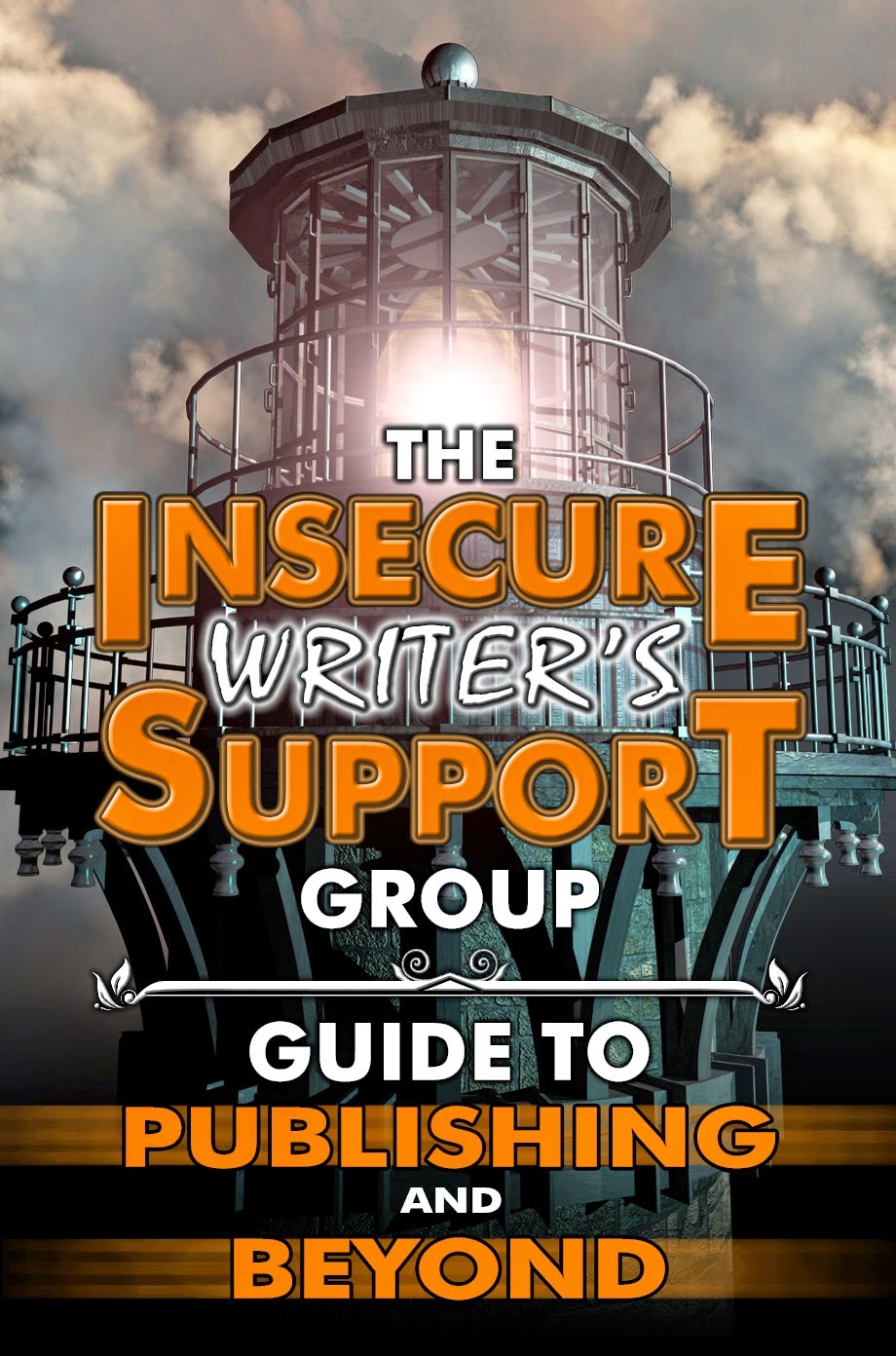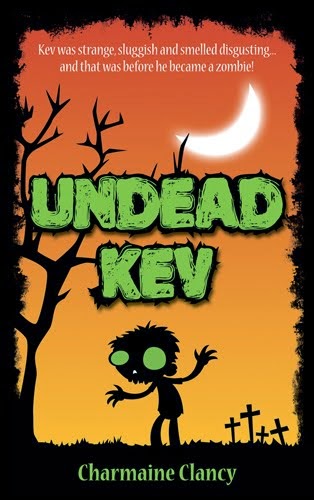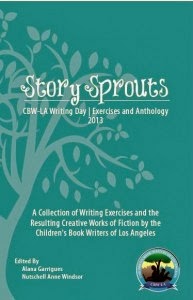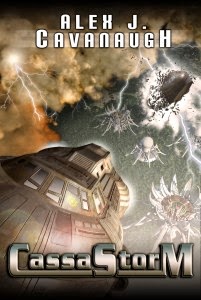If a story seems a little dull, if the plot doesn’t seem to be very engaging,
you could deal with it by having more stuff happen, more people running around,
new characters, additional subplots and so forth.
Usually, though, the problem is not in what’s happening, the problem is who’s doing it.
If the character hasn’t been created with enough depth, what they get up to will feel arbitrary and unsatisfying. If the plot isn’t holding people’s attention, the first place you should look is character.
Usually, though, the problem is not in what’s happening, the problem is who’s doing it.
If the character hasn’t been created with enough depth, what they get up to will feel arbitrary and unsatisfying. If the plot isn’t holding people’s attention, the first place you should look is character.













































































































